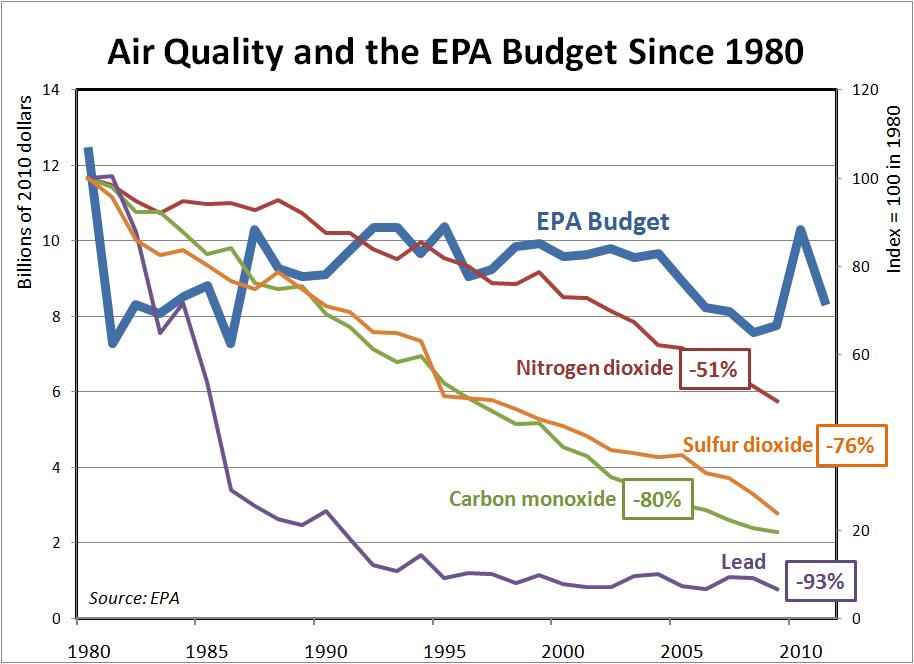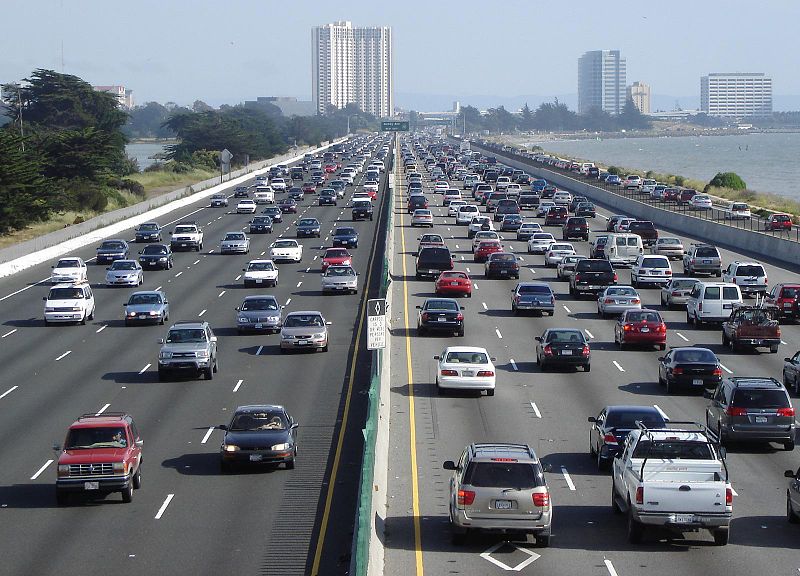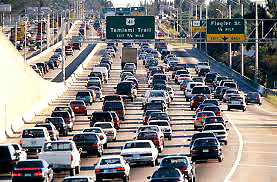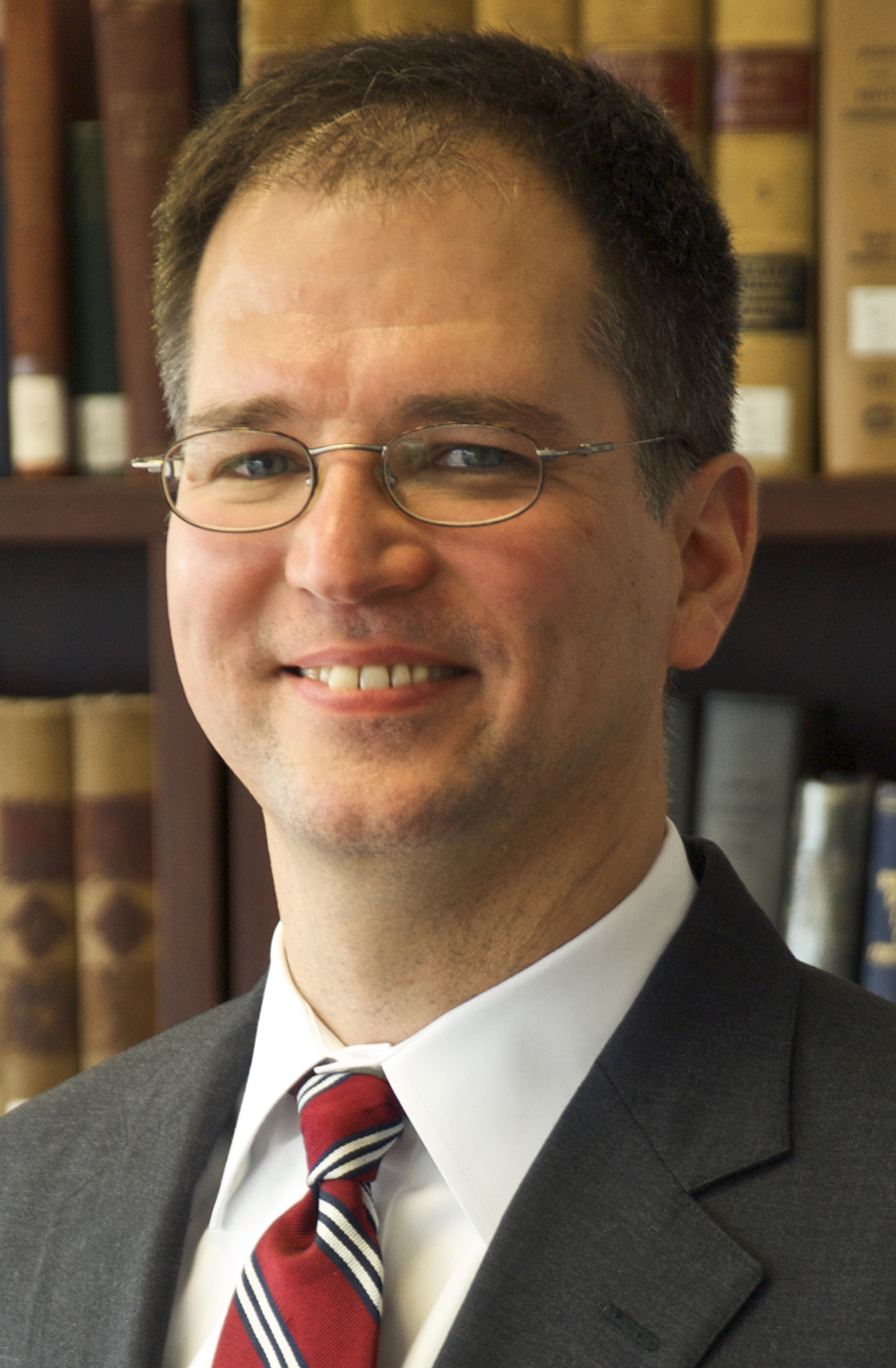
Claire visited PERC as a 2011 Lone Mountain Fellow. We thank her for taking the time to answer our questions. For more of PERC’s Q&A series, visit the archived Q&As here.
Q: Your book project provides a new account of the evolution of property law in early America. What will your book emphasize that other historical scholarship has not focused on?
The role of property in historical accounts has generally related to the ideological revolution taking place during the Founding Era of the United States. The political leaders of the Founding Era believed that dismantling vestiges of aristocracy was crucial to the success of a republican society. They emphasized the need to make property in land dynamic and available in the market, rather than having the legal system protect stable landholding by an aristocracy. Historians have traced the path of republican views from the colonial era forward, to demonstrate the republican underpinnings of the Revolution.
I focus on a wider range of issues. In my view, the central force shaping property law in early America from the earliest years of colonization was the desire to use land and other assets, such as slaves, as collateral for the purpose of obtaining credit. The colonists brought English law and legal traditions with them but reformed those laws to adapt to the new conditions present in the colonies. Reforming the law to encourage credit markets was a major trend. One reform was to legally define land as a “chattel” commodity when creditors’ interests were involved. This allowed more stream-lined processes to be used when creditors tried to seize debtors’ land in the case of default on a debt. In addition, in contrast to England, in the American colonies, creditors were given legal priority to land over the landowner’s heirs during inheritance proceedings. Colonial courts and land recording offices also innovated by making title interests and the claims against those interests publicly accessible. Credit markets in the American colonies were robust.
Unfortunately, strong credit markets encouraged the expansion of slavery, a form of labor that depended on upfront payments of money. Slaves were often purchased on credit and themselves became a primary form of collateral in credit agreements. I believe this story is very important to our history.
Q: How did the emergence of these laws and institutions relating to property in early America affect the way we view property rights and law in modern America?
A: We take it for granted in America that credit is easy to come by and that we will receive financing for purchase of assets from cars to homes. Filing a financing statement to use chattel goods as security is inexpensive and easy. In many countries, however, the institutions and courts are costly and time-consuming to navigate. I have been interested in how history might explain the vastly different legal environments around the world today.
I also think the history is closely related to the insights of PERC: being able to use property rights to achieve conservation outcomes requires a system that is flexible. To give a prominent example, markets in carbon credits are now well-established in our country. Where did the flexibility in the system come from that allows trading in a good like carbon emissions?





 PERC’s latest visiting fellow is
PERC’s latest visiting fellow is